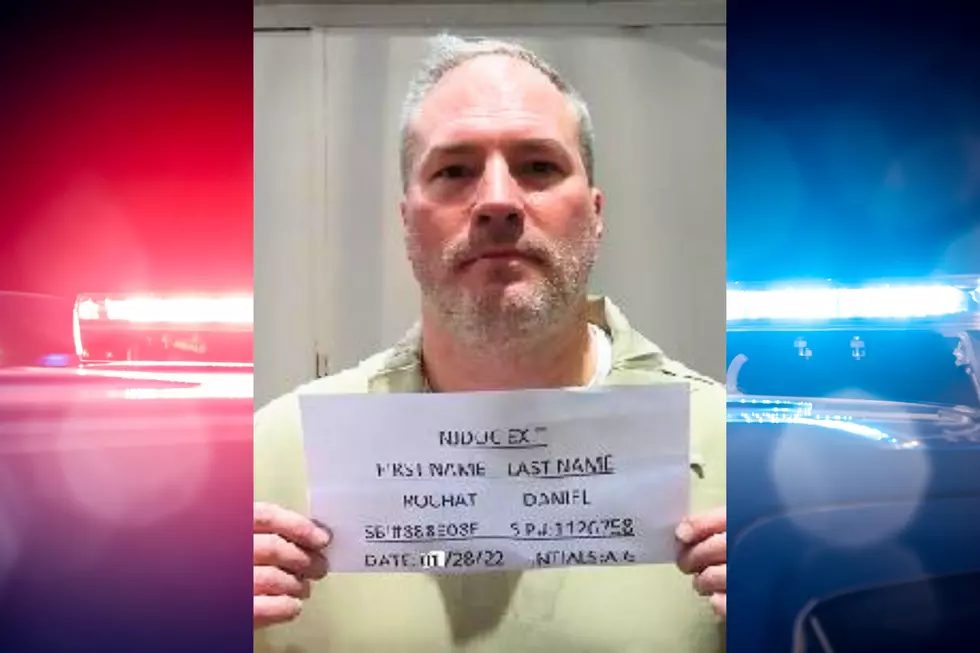
Casinos, gubernatorial intrigue could top fall elections
TRENTON (AP) — The field for the November general elections in New Jersey is set after this week's low-drama primary voting.
What happened Tuesday is easy to sum up: Every incumbent and party-organization-backed Assembly candidate won the primary, and only a few had competitors on the ballot. Without much to decide, voter turnout was at a record-low level, at least compared with primaries since 1925.
Here's a look at the Tuesday's election and the issues that could dominate the run-up to the November election.
THE NOVEMBER BALLOT
Democrats currently hold 48 of the 80 seats in the state Assembly.
Political scientists think the status quo-favoring district maps make it highly unlikely for Republicans to pick up enough seats to take over the chamber or for Democrats to get up to 54 members, which would give the party a veto-proof majority.
The races that are expected to be most competitive are in southern New Jersey's 1st and 2nd Districts. Each is now represented by one Democrat and one Republican — enough to give each party hope of picking up a seat. Northern New Jersey's 38th District is also being watched closely.
THE ISSUE THAT'S NOT ON THE BALLOT YET
Earlier this week, lawmakers rolled out a proposal to put a question to voters — possibly as soon as November — seeking approval for up to three casinos in Bergen, Essex and Hudson counties. The proposal must still go through legislative committees and faces an August deadline to make it onto the fall ballot, so its fate is uncertain.
But if it is on the ballot it could weigh heavily.
Jeff Brindle, executive director of the Election Law Enforcement Commission, said lobbying on the issue could draw as much as $25 million in outside spending. That's roughly four times the amount that's been spent so far in this election cycle.
"It could be the wild west, with independent expenditures," he said. "It could be significant."
The issue cuts along geographic boundaries and across party lines.
Northern New Jersey Democrats and Republicans see it as a way to stanch the flow of gamblers to neighboring states, while southern New Jersey Democrats and Republicans have spoken out against the idea, arguing it will siphon tourist money and jobs away from an economically-flagging Atlantic City.
THE INTRIGUE THAT WON'T BE ON THE BALLOT
Some political scientists, including Seton Hall University's Matthew Hale and Montclair State's Brigid Harrison, say one thing insiders can watch for in the campaigns this year is the role of potential 2017 gubernatorial candidates.
No one has declared for the race yet, but there are a number of possible candidates, including state Senate President Steve Sweeney, state Sen. Ray Lesniak and Jersey City Mayor Steve Fulop on the Democratic side and Lt. Gov. Kim Guadagno and Assemblyman Jon Bramnick on the Republican side.
They're likely to be traveling the state campaigning with local candidates, partly as a way to get better known away from their home areas.
Gov. Chris Christie, who is still considering seeking the 2016 GOP presidential nomination, will have his term as governor end in January 2018.
THE PRIMARY TURNOUT
Voter turnout this week was the lowest in a New Jersey primary election in at least 90 years.
An Associated Press analysis of preliminary election results from Tuesday's voting found 5.1 percent of all eligible voters cast ballots.
That's a bit lower than the 6 percent turnout for the last time Assembly seats were at the top of the ticket, back in 1999.
When considering only those who are registered with the Democratic or Republican party, 9.8 percent of voters participated Tuesday. Only party members can vote in primaries, but unaffiliated voters can declare party membership on primary day.
Only five of the state's 40 Assembly districts had contested primaries. In every case, incumbents and county party-backed candidates prevailed.
LOCAL INTEREST
Mayors of two towns lost in Tuesday's primaries, both decisively.
In Burlington City, a town along the Delaware River northeast of Philadelphia, Mayor James Fazzone, who was elected twice as a Democrat but was seeking a third term as a Republican, lost in the Republican primary to civic activist Harry Fine. Fine will face Democrat Barry Conaway in November.
In Paulsboro, a town along the Delaware River southwest of Philadelphia, Mayor Jeffrey Hamilton was unseated in the Democratic primary to councilman Gary Stevenson, who is a funeral director and former fire chief. He does not have a Republican opponent in the general election. Hamilton pleaded guilty earlier this year to driving drunk.
(Copyright 2015 The Associated Press. All rights reserved. This material may not be published, broadcast, rewritten or redistributed)
More From New Jersey 101.5 FM









